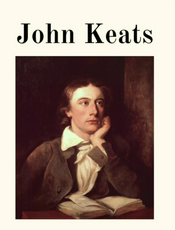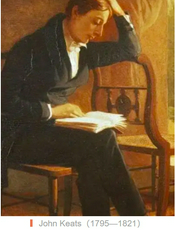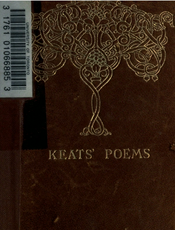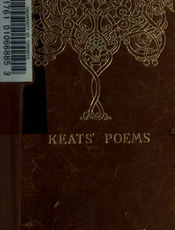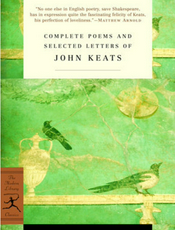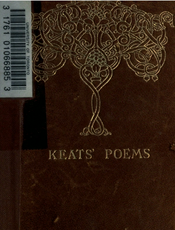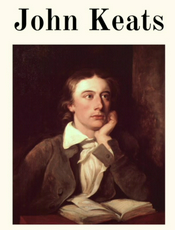-
1609 A LOVER'S COMPLAINT
1609 A Lover's Complaint is a narrative poem attributed to William Shakespeare, exploring themes of love, betrayal, and regret through a young woman's lament over her seduction and... -
17 Bullets: becoming the Werewolf Queen
60 bullets 59 58 57.. The countdown to 17 Bullets begins now. Eleanor was prepared for the zombie apocalypse, not a completely different planet with werewolves, dragons, and viper... -
1816 DEDICATION [OF POEMS, 1817] TO LEIGH HUNT, ESQ.
In 1816 DEDICATION [OF POEMS, 1817] TO LEIGH HUNT, ESQ., John Keats honors his mentor Leigh Hunt, expressing gratitude for his support and influence on Keats' poetic journey. -
1816 THE EVE OF SAINT MARK
"The Eve of Saint Mark" (1816) by John Keats is an unfinished medieval-inspired poem set on a folkloric feast night. It blends eerie atmosphere with religious superstition, followi... -
1816 THE POET A FRAGMENT
"THE POET: A FRAGMENT" is a poetic exploration of creativity and the human spirit. It delves into the fragmented nature of inspiration, capturing fleeting moments of beauty and emo... -
1816 FOR THERE'S BISHOP'S TEIGN
FOR THERE'S BISHOP'S TEIGN by John Keats is a poetic reflection on nature's beauty, inspired by the serene landscape of Bishop's Teign, capturing its tranquil charm. -
1816 HOW MANY BARDS GILD THE LAPSES OF TIME
A dying king questions how time’s passage can be measured, as birds symbolically tally life’s fleeting moments. Through poetic metaphors and existential musings, Andersen explores ... -
1816 I STOOD TIP-TOE UPON A LITTLE HILL
A child gazes at a fleeting butterfly, pondering life’s ephemeral beauty. As seasons change, the hill reveals hidden wonders—moss-covered stones, dancing fireflies—teaching patienc... -
1816 IMITATION OF SPENSER
"Imitation of Spenser" (1816) is a poetic homage by John Keats, reflecting the ornate style and rich imagery of Edmund Spenser, showcasing Keats' early admiration for Renaissance p... -
1816 LINES RHYMED IN A LETTER FROM OXFORD
"Lines Rhymed in a Letter from Oxford" (1816) is a poetic reflection by Percy Bysshe Shelley, blending personal sentiment with romantic imagery, capturing the essence of youthful i...

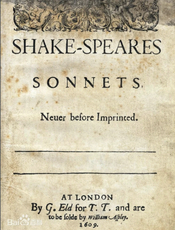

![1816 DEDICATION [OF POEMS, 1817] TO LEIGH HUNT, ESQ.](/uploads/202503/182bf8d6fe0e0b74.png)
